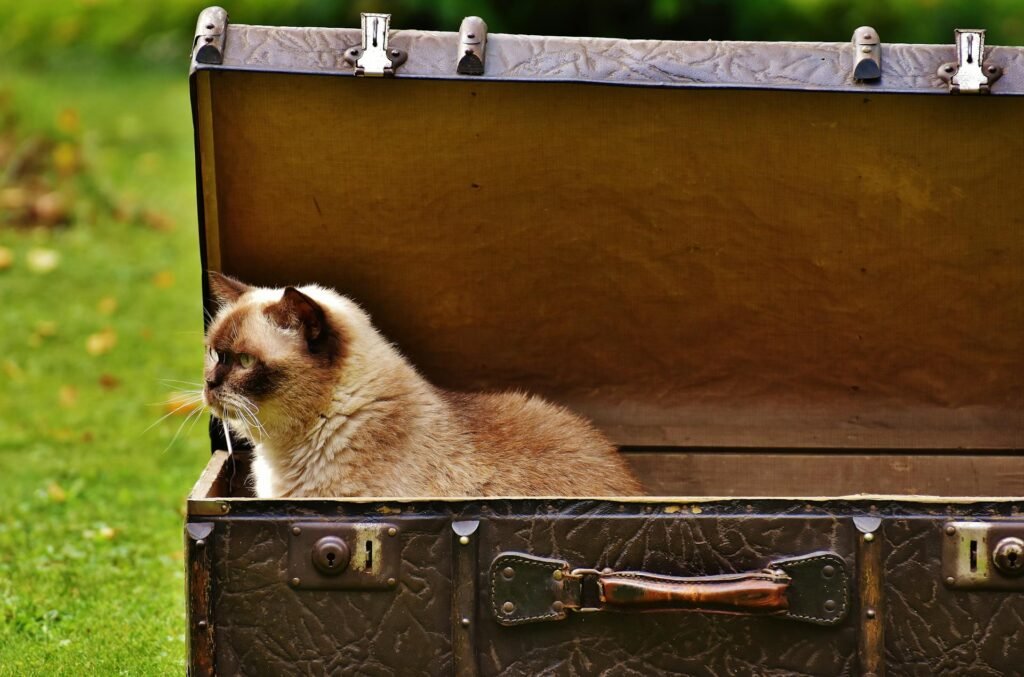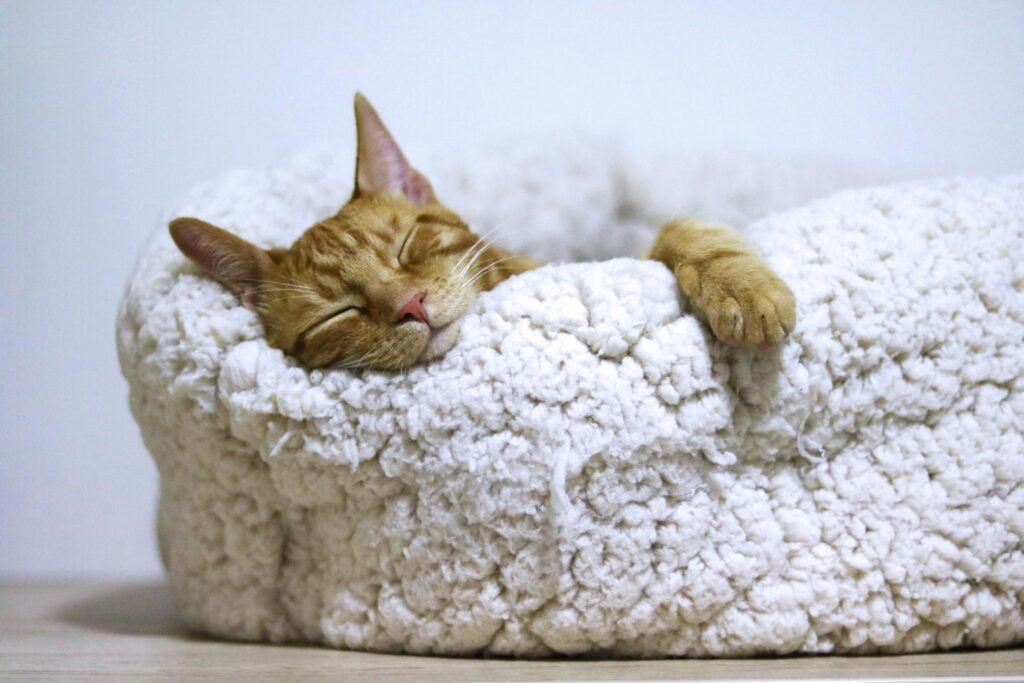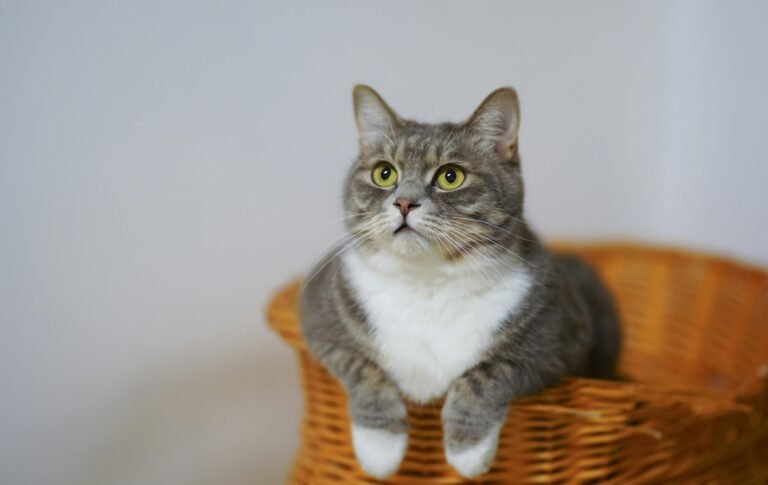
Ever wonder why cats naturally use litter boxes? Rest assured, you are not alone! Unlike many other pets, cats often instinctively know how to use them with little to no training. But what makes this behavior so natural for them? Let’s explore the instincts, science, and behaviors behind this feline habit and how to support your cat’s litter box use at home.
1. Instinct to Bury Waste
Cats are born with a strong instinct to bury their waste. In the wild, this behavior serves a practical purpose: it helps conceal their presence from predators and prevents potential conflicts with other cats. Kittens as young as three to four weeks old start trying to bury their waste, mimicking their mothers’ behavior. This natural instinct is a major reason why even domesticated cats quickly learn to use a litter box.
2. Scent Concealment and Territorial Respect
Cats have scent glands on various parts of their bodies, and their waste contains unique markers that can signal territory. However, unlike larger, dominant wildcats who may leave their waste uncovered to mark territory, smaller or more submissive cats (like many domestic breeds) prefer to bury their waste to avoid conflict. Indoor cats retain this ancestral behavior, even in the safety of a home.
3. Texture Matters

Photo by Aleksandar Cvetanovic
Cats are finicky creatures, and the texture of litter matters more than you might think. Most commercial litters are made from materials like clay, silica, or plant-based products that mimic the feel of dirt or sand surfaces cats would naturally choose in the wild. When given a choice, cats will often gravitate toward substrates that feel soft, easy to dig in, and clean.
4. Cleanliness and Routine
Cats are famously clean animals. They spend a significant portion of their day grooming and prefer tidy environments. A litter box satisfies their desire for a clean place to relieve themselves, especially if it’s maintained regularly. A dirty litter box can cause a cat to seek alternative places which is why cleanliness is crucial for continued litter box use.
5. Early Socialization and Learning
While instinct plays a huge role, early experiences matter too. Kittens raised by mother cats who use litter boxes or who have early exposure to them tend to pick up the behavior quickly. This kind of social learning, watching and imitating, reinforces their natural instincts and makes training smoother.
6. Privacy and Safety
Photo by Aleksey Zemlyanoy
Cats value security when they’re at their most vulnerable and bathroom time is no exception. Litter boxes, especially ones placed in quiet, low-traffic areas, offer a sense of safety and privacy. Covered litter boxes or secluded spots align with this need, helping cats feel protected while doing their business. Hence, carefully choose the best place to put a litter box.
Conclusion: Nature Meets Nurture
The reason cats use litter boxes is a perfect example of nature aligning seamlessly with nurture. Their instinct to bury waste, combined with a natural preference for certain textures and cleanliness, makes the litter box a welcome alternative to the wild. Add a bit of early exposure or training and most cats take to it without a hitch.

Photo by Nicholas Fu
Understanding this behavior not only highlights the uniqueness of cats but also helps us become better, more attentive pet parents. After all, a happy cat starts with a clean, well-placed litter box. Fascinating, isn’t it? Follow us for more on cats and other pets!












